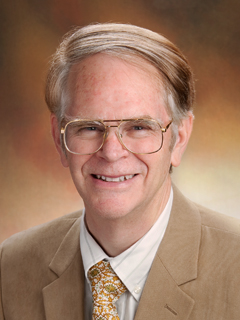HOW CAN WE HELP YOU? Call 1-800-TRY-CHOP
Center for Mitochondrial and Epigenomic Medicine
Understanding the flow of energy in cells and the disturbance of that flow during disease is critical for developing new therapeutic approaches to disease. That’s where the Center of Mitochondrial and Epigenomic Medicine (CMEM) at Children's Hospital comes in. CMEM is poised to advance the understanding of, and potential treatments for, a multitude of disorders and diseases by focusing on mitochondria, cellular structures that produce 90 percent of the body's energy.
The Center, established in 2010, takes the need to understand cellular energy a step further by investigating the communication between the mitochondria and nuclear DNA, and the crosstalk between them that is mediated by the epigenome.
With a mitochondria pioneer and internationally renown investigator at the helm, the Center is actively investigating mitochondrial and epigenomic dysfunction in a wide range of clinical problems that include autism, epilepsy, heart disease, diabetes and obesity, forms of blindness, Alzheimer and Parkinson disease, cancer, and aging.
In addition to examining the essential roles of mitochondria, the CMEM team explores how mitochondrial genes influence adaptation to environmental extremes such as arctic cold, tropical heat, or high altitude. The Center also focuses on preclinical studies relevant to developing therapies for mitochondrial dysfunction, for which few effective clinical treatments currently exist.
Resources
MITOMAP: A human mitochondrial genome database
A compendium of polymorphisms and mutations in human mitochondrial DNA. MITOMAP reports published data on human mitochondrial DNA variation. Would you like to add a paper and its data into MITOMAP? Please email a pdf to mitomap@chop.edu.
United Mitochondrial Disease Foundation
The mission of the foundation is to promote research and education for the diagnosis, treatment and cure of mitochondrial disorders and to provide support to affected individuals and families.
